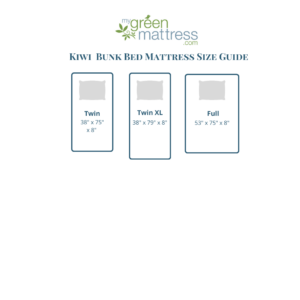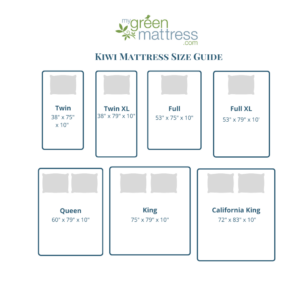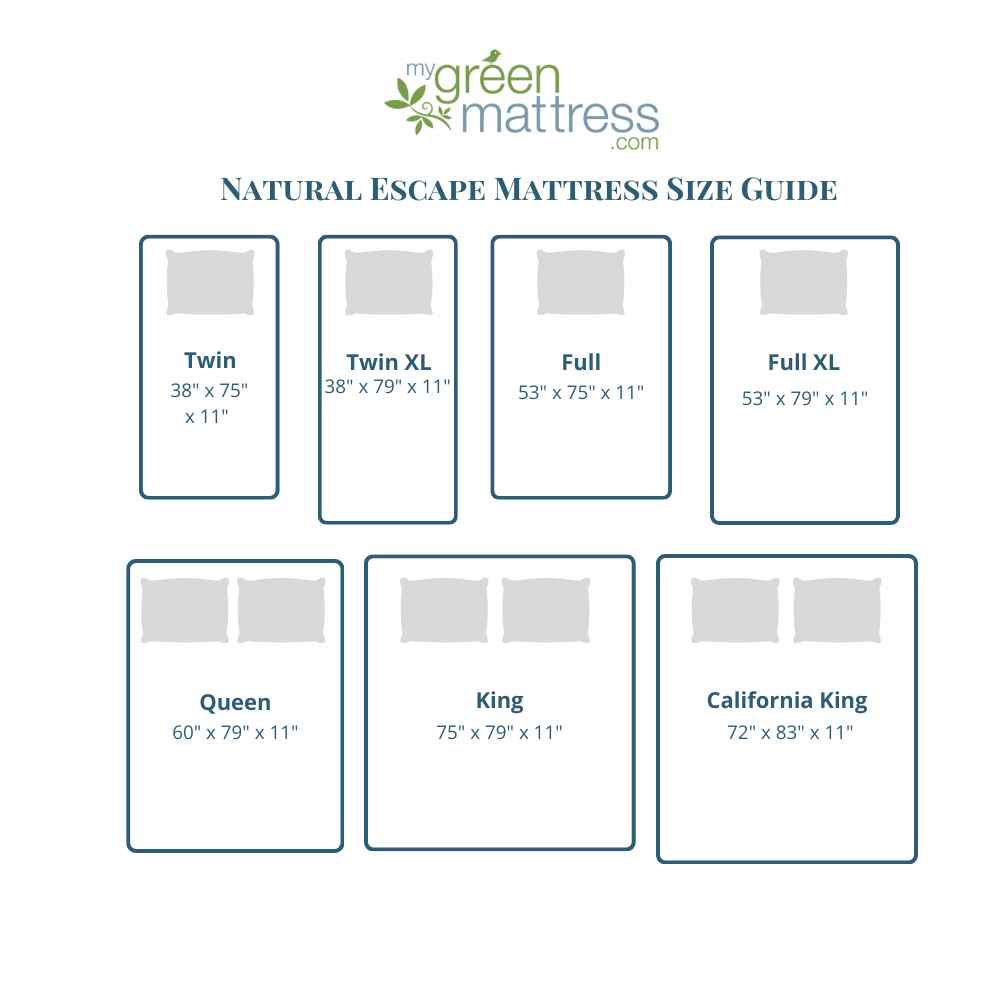Waking up feeling groggy, stiff, or unrested? Your mattress could be the culprit. While we often focus on bedtime routines and sleep schedules, the surface you sleep on plays a crucial role in your quality of rest. Here’s how to tell if your mattress is impacting your sleep — and what you can do to fix it.
Signs Your Mattress Is Hurting Your Sleep
1. You Wake Up With Aches and Pains
Morning stiffness in your back, neck, or joints is a major red flag. An unsupportive or worn-out mattress can cause poor spinal alignment, leaving your muscles strained and your body out of balance.
2. You Toss and Turn All Night
If you’re constantly shifting positions to get comfortable, your mattress may be too firm, too soft, or uneven. This frequent movement interrupts your sleep cycles, reducing the restorative benefits of deep sleep.
3. Your Mattress Sags or Feels Lumpy
Over time, mattresses can lose their shape and develop dips or uneven surfaces. This sagging reduces proper support and can leave your spine misaligned.
4. You’re Waking Up Sweaty
An old or poorly ventilated mattress may trap heat, making it harder to stay cool and comfortable throughout the night.
5. Allergy Symptoms Are Worse at Night
If you wake up sneezing or congested, dust mites or allergens trapped in your mattress may be triggering your symptoms.
6. Your Mattress Is Over 7-10 Years Old
Even high-quality mattresses have a lifespan. If yours is nearing the decade mark, it may be losing its ability to provide proper support.
What to Do If Your Mattress Is Affecting Your Sleep
1. Assess Your Sleep Position
Your preferred sleeping position influences the type of mattress you need. Side sleepers typically benefit from a softer surface that cushions the shoulders and hips, while back and stomach sleepers need firmer support for proper spinal alignment.
2. Try a Mattress Topper
If replacing your mattress isn’t an option just yet, a high-quality mattress topper can add extra cushioning or support to improve comfort.
3. Improve Your Sleep Environment
Adding breathable sheets, an organic mattress protector, and proper room ventilation can reduce overheating and improve your overall rest.
4. Invest in a Supportive Mattress
If your mattress is past its prime, consider switching to one designed with comfort and breathability in mind. My Green Mattress offers natural, non-toxic materials that provide excellent pressure relief and support, helping you sleep soundly and wake up refreshed.
5. Maintain Your Mattress
Rotating your mattress every few months and keeping it clean with a protective cover can extend its lifespan and keep it feeling fresh.
Your mattress has a bigger impact on your sleep than you might realize. If you’re experiencing discomfort, tossing and turning, or waking up tired, it may be time to evaluate your mattress. Whether you choose a supportive topper, improve your sleep environment, or invest in a new mattress, taking steps to improve your sleep surface can transform your rest — and your well-being.









